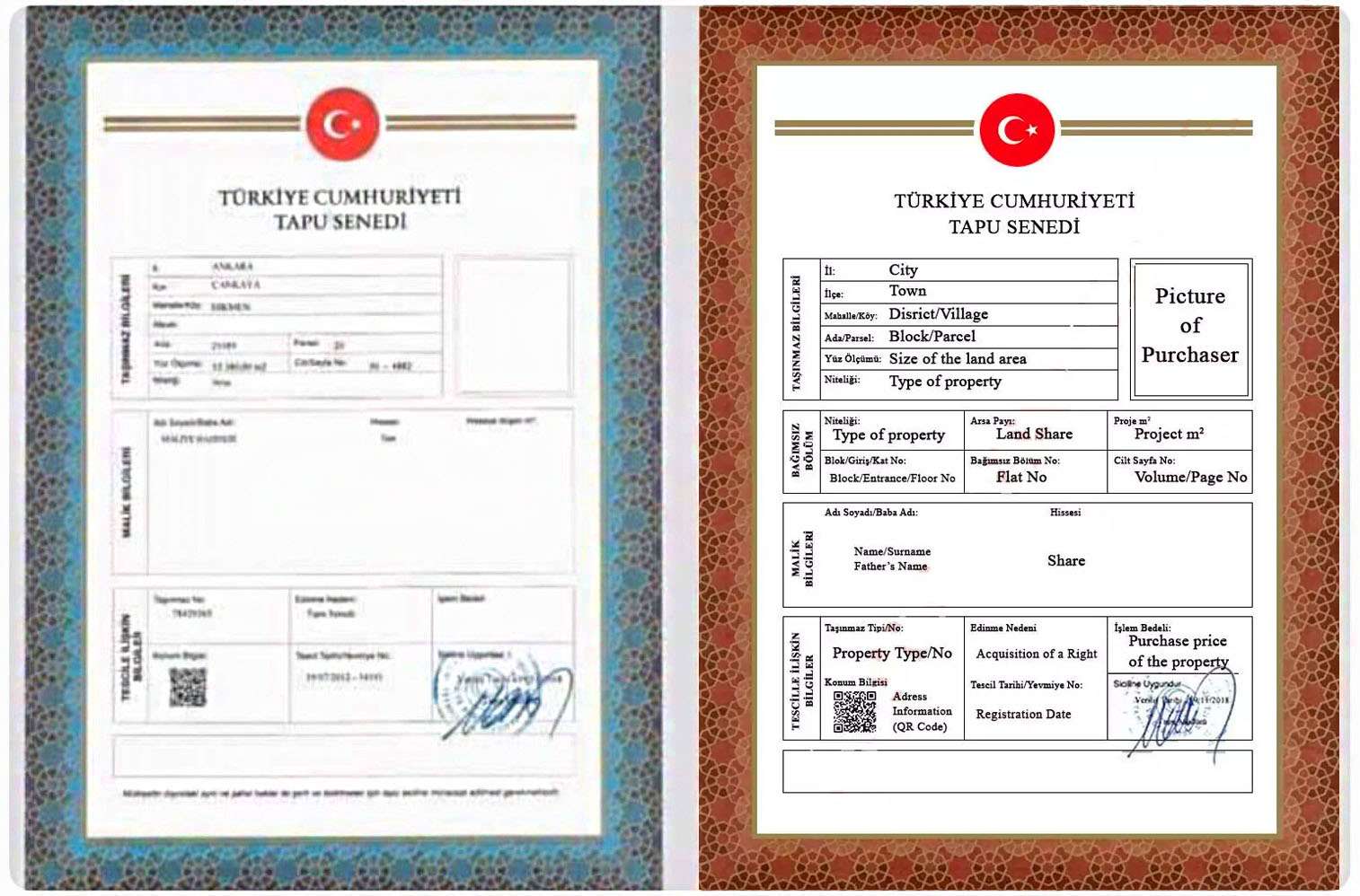Investing in any country can be risky, and Turkey is no exception. However, as with any investment strategy, there are risk management strategies that can help you reduce potential losses and increase the likelihood of making a profit.
The first step in managing risks when investing in Turkey is to study the local market. Learn about the political, economic, and cultural climate to identify potential risks. Pay attention to factors such as inflation, currency exchange rates, government stability, legislation, and other factors that can affect your investments.
The second step is to diversify your portfolio. Spread your investments across different industries and companies to reduce risks associated with a particular sector or company. This will help protect your capital if any of the companies or sectors experience problems.
The third step is to choose a reliable broker. Choose a broker that is licensed to operate in Turkey and registered with local regulatory authorities. Also, make sure your broker offers a wide range of investment products and services.
The fourth step is to make informed investment decisions. Use all available sources of information, including company reports, financial news, economic data, and analytical reports to make decisions based on objective information.
Finally, the fifth step is to be prepared for risk. There are no investments without risk, and Turkey is no exception. Prepare yourself for the fact that your investments may change, and don't expect quick profits.
In conclusion, investing in Turkey can be risky, but with proper risk management, it can be a profitable option. Study the market, diversify your portfolio, choose a reliable broker, make informed investment decisions, and be prepared for risk. By following these risk management strategies, you can reduce potential losses and increase the likelihood of making a profit.






